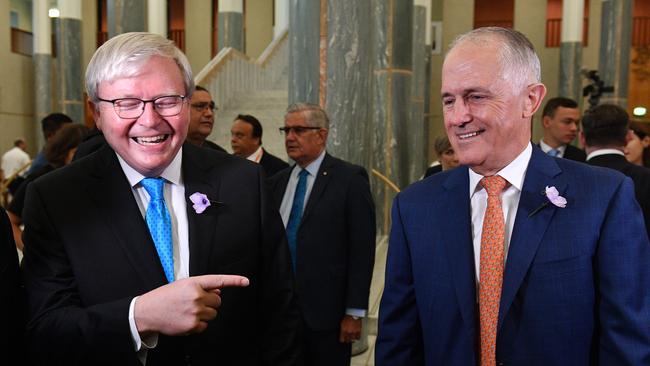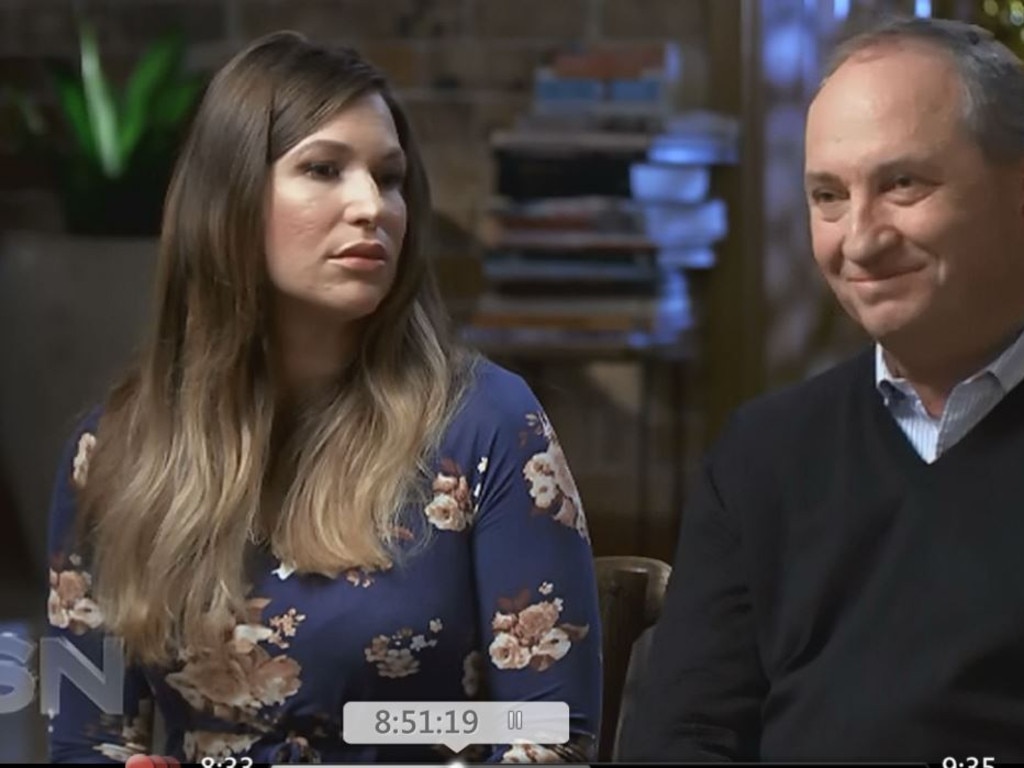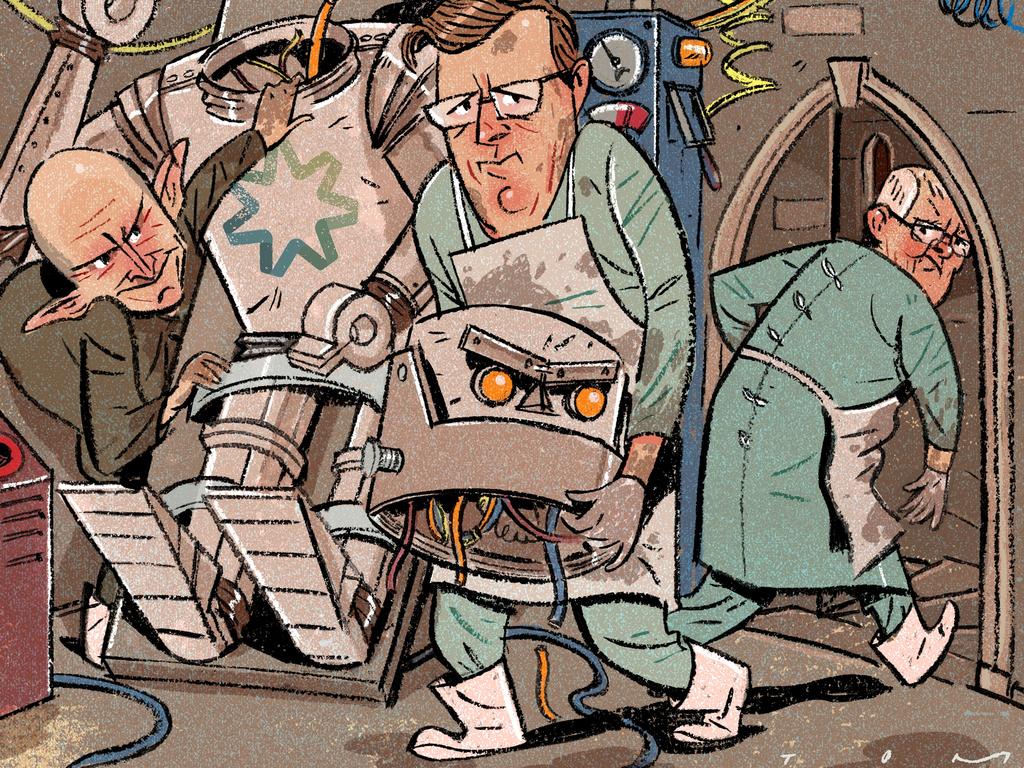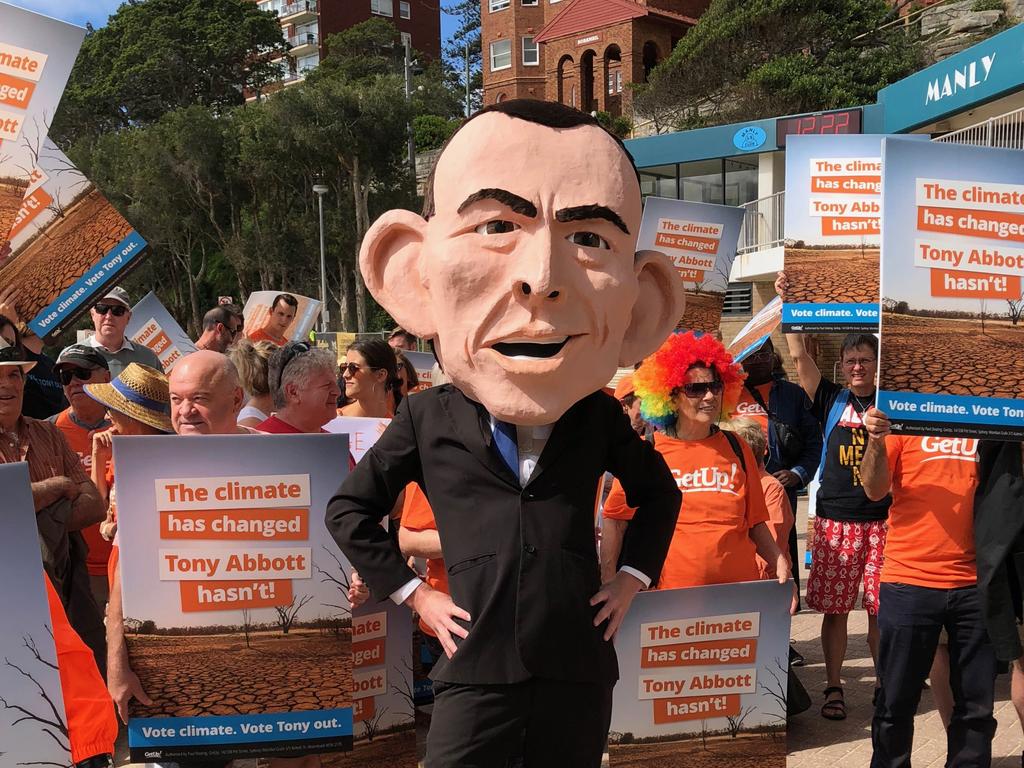Disagree with other views? Shut down the platform
Ex-prime ministers like Rudd and Turnbull should know there’s room for dissent and difference in democracies.

All four experienced huge disappointment, even grief, along with a sense of bitterness at not being able to lead their government to the polls in 2010, 2013, 2016 and last year, respectively.
But two, Rudd and Turnbull, essentially blamed News Corp in general and Rupert Murdoch in particular for their plight. Gillard and Abbott (after a while) accepted their lot without exhibiting anger beyond those primarily responsible for what had occurred — namely Rudd and Turnbull, respectively.
It is a matter of fact that political leaders who fail to maintain the support of most of their colleagues in the partyroom lose the prime ministership. That was the fate of Rudd, Gillard, Abbott and Turnbull. It may happen again at some time in the future.
It’s true that sections of News Corp opposed Rudd’s latter period in the Lodge. But it’s also true that The Australian (proprietor Murdoch) supported the election of a Labor government in 2007. John Howard, who led the Coalition to defeat, did not attribute blame to News Corp.
Anyone who has spoken to members of the Labor caucus in 2010 and 2013 and members of the Liberal partyroom in 2015 and 2018 understands that it was elected politicians, not newspaper proprietors or commentators, who brought about the spill that led to a leadership change.
Media companies and their proprietors are less influential when it comes to determining the outcome of elections than many of their opponents and some of their supporters believe.
Take the ABC. It is a conservative-free zone without one conservative presenter, producer or editor for any of its prominent television, radio or online outlets. If most Australians took their politics from what they watch, hear or read on ABC outlets, then Australia would have had a green-left government for the past two decades.
It’s much the same with News Corp. In recent times, the Herald Sun in Melbourne and The Courier-Mail in Brisbane campaigned against the Labor governments led by Daniel Andrews and Annastacia Palaszczuk in Victoria and Queensland, respectively. Both governments were returned with increased majorities.
It also is much the same with other Western democracies. If the media determined election outcomes, then Donald J. Trump would not have won the US presidential election in 2016 or have gone close to winning this year. Likewise with the Brexit victory in Britain in 2016.
It was important that The Australian published on Tuesday an article by Joseph Gersh, an ABC board member and Melbourne businessman. Gersh (a friend of mine) began his piece by criticising Australian columnist and Sky News presenter Chris Kenny for saying that, while he had previously resisted calls for the public broadcaster’s privatisation or abolition, he now believes the ABC “is beyond redemption”.
Kenny’s comments were made in the wake of the showing of the Four Corners episode Inside the Canberra Bubble on November 9 that targeted Coalition ministers Alan Tudge and Christian Porter but no one else.
While a critic of the ABC, I have never called for its privatisation or defunding. For starters, it’s not going to happen. No Coalition government will junk the public broadcaster — and neither Labor nor the Greens would even think about it. In any event, there is room for a public broadcaster that practises political diversity of a kind not found in the contemporary ABC. It is the lack of such pluralism that so frustrates intelligent and considered ABC critics such as Kenny.
The Australian allowed Gersh to defend the ABC while criticising Kenny. It’s all but impossible to imagine that the ABC will allow its critics — such as Kenny — time and space on any of the ABC’s many platforms to criticise key ABC presenters or columnists without contradiction. Rather, it’s the other way around. The ABC is providing platforms for News Corp’s critics.
On November 8 ABC TV’s Insiders went for an extra 30 minutes — partly to accommodate a long joint interview with Rudd and Turnbull. Towards the end of this segment, presenter David Speers asked a soft question of both men about News Corp and the proposal that it be the subject of a royal commission.
Speers is known for interjecting when interviewing Coalition and Labor politicians. However, he allowed Rudd and Turnbull to speak uninterrupted about News Corp. The former took a minute and a half, the latter more than twice the time.
First up, Rudd referred to “the Murdoch media monopoly in Australia”. This is totally inaccurate. Rudd completely ignored News Corp’s principal competitors, including Nine Entertainment (TV, radio and newspapers), Seven Network (TV and one newspaper) and the Ten Network. In fact, News Corp owns one pay TV station, Sky News, which has links to WIN TV in the regions and has no radio outlets. News Corp does not own any free-to-air TV channels in metropolitan areas or radio stations.
And then there is the enormous reach of the ABC plus SBS. Along with Guardian Australia, Schwartz Media’s The Saturday Paper, The New Daily and more besides. Plus social media.
Yet Rudd, uncorrected by Speers, referred to “Murdoch’s media monopoly”. Certainly News Corp is an influential newspaper, pay TV and online outlet. But no media company in Australia enjoys a monopoly.
For his part, Turnbull essentially agreed with Rudd. In doing so, Turnbull objected to News Corp because he maintains that “we’ve got to be able to essentially agree” about the broad “context” of issues and accept “shared facts”. This overlooks the fact successful democracies are all about the peaceful management of dissent and difference.
The impression given by Rudd, Turnbull and others who support a royal commission is that they want to silence those who disagree with them on what Turnbull regards as agreed facts. This is a polite way of moving the current de-platforming and cancel culture (that is, censorship) into the mainstream media under the pretence that there is a media monopoly.
Gerard Henderson is executive director of the Sydney Institute. His Media Watch Dog blog can be found here.







During an uncharacteristically turbulent period in Australian politics, four incumbent prime ministers were dumped by their colleagues in less than a decade — namely Kevin Rudd (2010), Julia Gillard (2013), Tony Abbott (2015) and Malcolm Turnbull (2018).